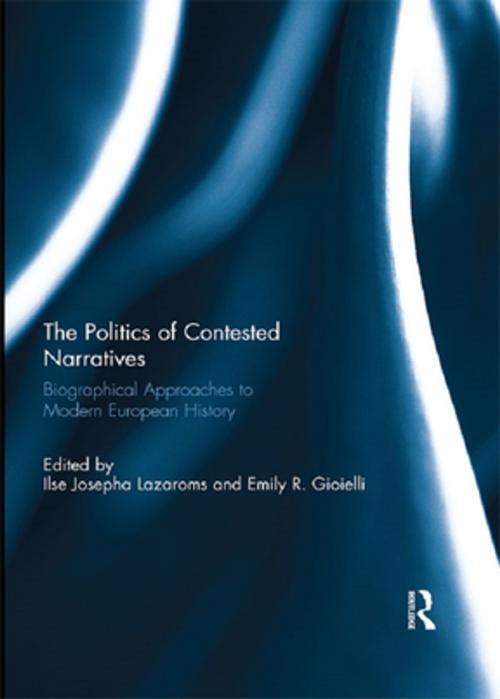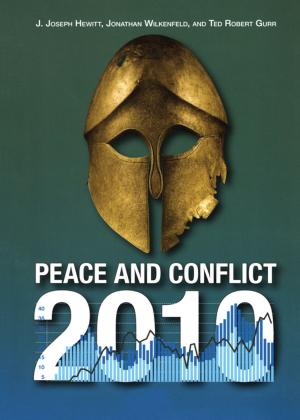The Politics of Contested Narratives
Biographical Approaches to Modern European History
Nonfiction, History| Author: | ISBN: | 9781317615408 | |
| Publisher: | Taylor and Francis | Publication: | March 17, 2016 |
| Imprint: | Routledge | Language: | English |
| Author: | |
| ISBN: | 9781317615408 |
| Publisher: | Taylor and Francis |
| Publication: | March 17, 2016 |
| Imprint: | Routledge |
| Language: | English |
The twentieth century in Europe was characterized by great moments of rupture, such as two world wars, ideological conflict, and political polarization. In these processes, as well as in the historical writing that followed in its wake, the individual as an historical entity often appeared crushed. In line with contemporary theories about the precariousness of historical writing and the self, this volume seeks to understand the important developments in modern Europe from the perspective of the single, sometimes isolated, but always original viewpoint of individuals inhabiting the space at the other side of the traditional grand narratives. Including theoretical chapters as well as detailed case studies, this volume takes a biographical approach to dystopian events—the Holocaust, Fascism, Communism, and collectivization—by starting with the voices of unknown historical actors and relating their experiences to larger processes in modern European history, such as the emergence of the national, collective memory, and state formation, as well as changes in the understanding of modern identities and the (re)formulation of the self.
This book was originally published as a special issue of the European Review of History.
The twentieth century in Europe was characterized by great moments of rupture, such as two world wars, ideological conflict, and political polarization. In these processes, as well as in the historical writing that followed in its wake, the individual as an historical entity often appeared crushed. In line with contemporary theories about the precariousness of historical writing and the self, this volume seeks to understand the important developments in modern Europe from the perspective of the single, sometimes isolated, but always original viewpoint of individuals inhabiting the space at the other side of the traditional grand narratives. Including theoretical chapters as well as detailed case studies, this volume takes a biographical approach to dystopian events—the Holocaust, Fascism, Communism, and collectivization—by starting with the voices of unknown historical actors and relating their experiences to larger processes in modern European history, such as the emergence of the national, collective memory, and state formation, as well as changes in the understanding of modern identities and the (re)formulation of the self.
This book was originally published as a special issue of the European Review of History.















